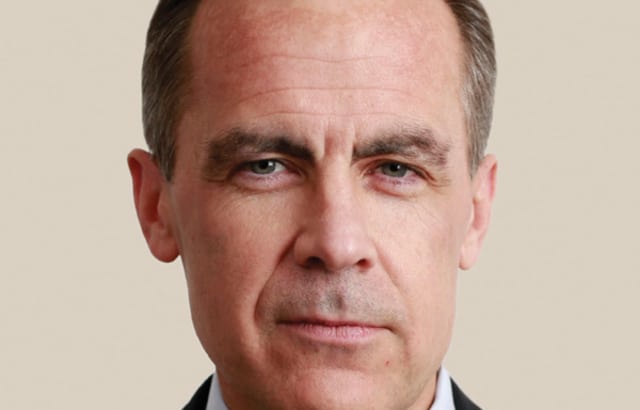The Consumer Prices Index (CPI) 12-month rate surged from 2.9% in August, far surpassing the BoE’s 2% target, and was only last higher in March 2012.
The increased rate was attributable to the rising food and recreational goods prices, along with transport costs.
The 3.1% hike in the price of food, the highest since October 2013, remains a category which affects those with lower incomes significantly and highlights the impact of inflation exceeding wage growth and the squeeze on spending power.
The rate of 2.6% for recreation and culture was the highest since January 2010.
These upward effects were partially balanced by downward contributions from a range of goods and services, particularly clothing prices, which slowed down.
Despite the strong signals in September, Tilney’s managing director Jason Hollands, reiterated the higher levels of inflation is largely Brexit-created, meaning it won’t be long before it peaks.
“Much of the UK’s surge in inflation is attributable to the slide in Sterling following last year’s EU referendum pushing import costs higher.
“The effect of this will be transitory in nature and it is worth noting that sterling has staged a recovery versus the dollar since the start of the year. CPI may therefore be set to peak before the end of the year and then subside during 2018.”
However Thomas Wells, manager of the S&W Global Inflation-Linked Bond Fund, said the increased rate is likely to have an immediate impact on interest rates next month.
“Most economists would regard this as ‘bad’ inflation because it has been driven by rising input costs and unfavourable FX impacts, rather than strong consumer demand. Inflation has remained more persistent than the Bank of England had first hoped, causing Mark Carney to adopt a significantly more hawkish tone in the run up to the November Monetary Policy Committee (MPC) meeting.
“However, these hawkish comments have themselves encouraged sterling to strengthen, helping to stem further FX-related inflation without threatening the already weak GDP numbers. Given market sentiment, it appears that Carney will have to follow through and raise rates in November to maintain credibility.”
Meanwhile, Hollands added: “With inflation outpacing wage growth, this should add to the pressure on the embattled chancellor to relax public sector wage constraints as he prepares for next month’s Budget.”
Will the BoE walk the walk?
Yet this doesn’t mean that all will go to plan. Laith Khalaf, senior analyst at Hargreaves Lansdown, for one, remains slightly more sceptical.
“The tick upwards in inflation will increase expectations of a rate rise from the Bank of England later on this year, stoked by a flurry of hawkish rhetoric coming from Threadneedle Street.
“This wouldn’t be the first time the bank has talked the talk without walking the walk however, so it’s probably best not to count those chickens until they’re hatched.”







